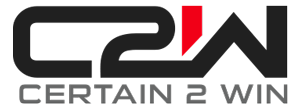This end of the year edition offers a great opportunity to pause, rewind, and reengage. And I’m very grateful to have had the opportunity to share insights and experiences regarding interpersonal relationships, management skills, and team building. What follows in no particular order are a few of what I believe to be essential and valuable resources which can enrich our lives and have a positive impact of the lives of others. At the same time they can assist us in minimizing conflict, enable us to create win/win situations, and should we be involved in any arena of competition emerge honorably victorious.
With his “Leader Effectiveness Training”, the late Dr. Thomas Gordon wrote perhaps the definitive work on communication skills. I was so moved by it I flew to California, knocked on his office door, and asked him to autograph my copy. As I suspected, he was genuinely humble, brilliant, and encouraging. Dr. Gordon’s work in the fields of human communication, leadership development, and conflict management is an essential tool regardless if someone owns a company, manages a company, or works to make sure the company mail gets sorted. No other book or system in my personal experience synthesizes other disciplines and explains them in practical terms as “Leader Effectiveness Training”. I suggest everyone study it, apply it, review it regularly, and reapply it. As the great bluesman, Jimmy Reed, sang, it’s a veritable “Penn Life” for both personal fulfillment and professional success.
I can’t say enough about another American giant of winning thought and practical application, the late Col. John Boyd. It will probably be another 100 years before the world begins to fully appreciate the brilliance and significance of “40 Second” Boyd. As a fighter pilot and instructor in the USAF, Boyd was never defeated in air combat and had a standing offer to dogfight with any other pilot who challenged him. Boyd would allow the contest to begin with his challenger in an advantaged position or “on his 6”, and within 40 seconds Boyd would have gained the advantage and be in a position to shoot down his challenger. He never lost. Not only did Boyd go on to write the definitive manual on air war/fighter tactics, he grew intellectually and developed a system for winning which has been integrated and used by military and law enforcement trainers throughout the world, his now famous “OODA Loop”. In the meantime, successful businesses, benevolent political systems, and in-the-trench soldiers will have not just survived (which becomes very important when one is fighting in a trench!) but become victorious by implementing the ideas and tactics developed by John Boyd. Boyd almost single-handedly took on the U.S. military/industrial complex in an effort to provide his country and its warriors with the most cost effective and superior tools and systems possible. Not only did he succeed at those Herculean tasks, (evidenced by the creation of the F-16 Falcon and A-10 Warthog), he went on to become, perhaps, the greatest strategist since Sun Tzu wrote “The Art of War” in the 5th century BC. Successful businesses are applying his ideas in creating loyal teams and winning in the arena of market competition. I suggest beginning your introduction to Boyd’s school of thought by reading “Boyd, the Fighter Pilot Who Changed the Art of War” by Roger Coram. Personally, I reread it at least once a year.
Finally, developing the personal skills to win, build teams, and manage conflicts begins with becoming self-aware and developing one’s purpose to serve a larger cause. Legions of spiritual advisers, philosophers, and self-help gurus have, throughout the ages, passed down more sage advice than any of us could assimilate in a single lifetime. Sorting and prioritizing all of it could, in itself, be an overwhelming task. In a collection of 65 wide-ranging articles, “Meeting the Shadow” by Connie Zweig and Jeremiah Abrams offer tools for authenticity and individual development within the context of Jungian thought, a system of self-examination not unlike the Biblical parable warning against “hiding one’s light under a basket”. I have found it to be both fascinating and personally liberating. Robert Frost wrote: “Something we were withholding made us weak. Until we found it was ourselves.”
Originally published in Beaumont Business Journal, Heat And Humanity Column


